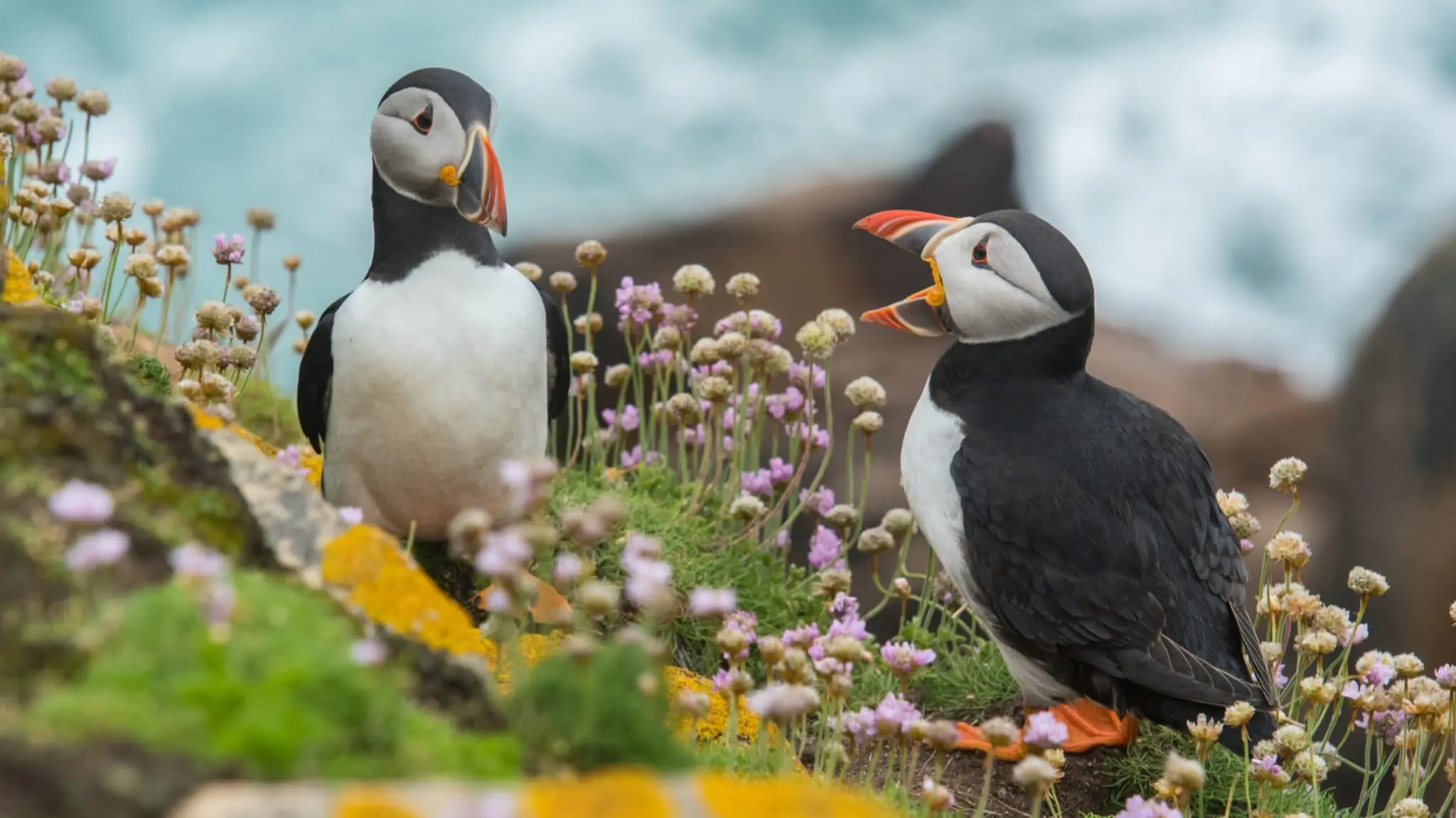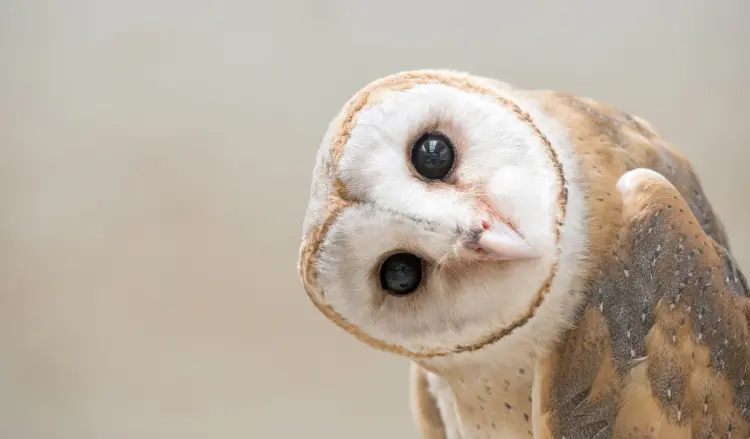State of the World’s Birds
BirdLife’s newly launched flagship State of the World’s Birds report paints the most concerning picture for the natural world yet, with nearly half of the world’s bird species now in decline.
As a global Partnership, we believe in internationalism. We have translated as much content in your language as our resources allow. Please visit the English language site to view all of our content.
“Birds are among the most crucial species to the global ecosystem. They must be protected at all costs.”
For millennia, birds have been winging their way across the globe and through our imaginations. They have value culturally, artistically, philosophically and economically. But beyond that, they play a huge role in preserving our
precious ecosystem and as such, all life on this planet. Birds control pests, clean up waste and spread seeds. Around 5% of the plants humans use for food or medicine are pollinated by birds.

Despite their importance, birds are declining at a shocking rate. One in eight birds species is now threatened with extinction. But by learning about birds, we can begin to tackle the environmental crisis.
Birds are found all over the world and are one of the most well-studied groups of animals. As such, they act as an early warning system for the state of the planet as a whole. Changes in bird populations show us where habitats are being degraded, where climate change is taking its toll, and where action is needed most.
Birds have the power to unite people. Many species migrate vast distances, motivating nations to work together to protect them every step of the way. In this way, birds show us the levels of global cooperation needed to tackle the climate and extinction crises in coming years. More simply than that, a love of birds is something we can all share, regardless of our differences.
BirdLife’s newly launched flagship State of the World’s Birds report paints the most concerning picture for the natural world yet, with nearly half of the world’s bird species now in decline.
Albatrosses are very large seabirds found in the Southern Ocean and parts of the North Pacific.
Eagles are strong, powerful birds and one of the most ferocious avian predators.
Flamingos are among the most recognisable birds thanks to their long legs and striking colour.
The world’s smallest birds, famed for their unique and impressive flying abilities.
These elusive creatures of the night are split into two families, Barn Owls and Typical Owls.
Penguins are particularly beloved, and a sighting would melt the most frozen of hearts.
Shoebills are large, pre-historic looking birds which haunt marshes and swamps in East Africa.
Charismatic and colourful, these birds are easily identifiable by their unusual, oversized beaks.
Let’s face it: vultures are special. Disgusting to some, yet loved by others (including us and you).
The Data Zone is a window into the scientific work of BirdLife International. Browse factsheets detailing our Red List assessments for all the world’s birds and important sites for their conservation, explore interactive dashboards and read 300+ case studies.
Profits from every product sold help fund research and protect threatened species around the globe
Sign up to receive the latest bird conservation news. You’ll also receive updates about our projects, science and other ways to get involved including fundraising.
Thank you for your support, we are committed to protecting your personal information and privacy. For more information on how we use your data, please see our Privacy Policy. You can unsubscribe from emails at any time by using the link in the footer of any email from us.

